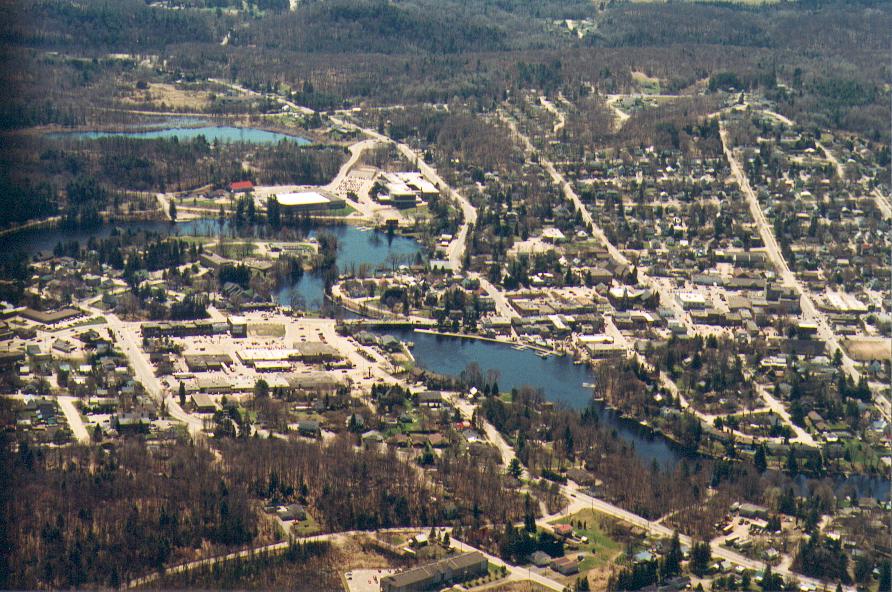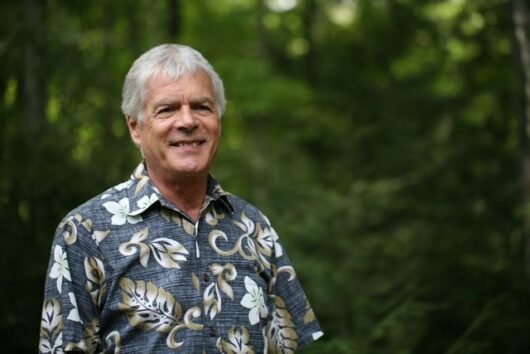Our Changing Watershed: How well is our Muskoka environment doing?
In 2023, we see evidence of change according to report.
By Peter Sale.

This summer, the Muskoka Watershed Council is releasing its 2023 Muskoka Watershed Report Card, our sixth since 2004. Each Report Card is the result of a careful evaluation of data on many aspects of environmental health. It reminds the community of the importance of our environment, points to issues of concern, and reminds us of the steps we should be taking to maintain environmental health.
So, how is our environment in 2023? Our beautiful, healthy environment is deteriorating in a number of ways, and if we do not substantially alter the way in which we manage it, it could degrade beyond recognition over the next couple of decades.
This news will be a surprise to many as we do not have evidence of an imminent crisis. The deterioration is slow and we have fallen victim to what ecologists call the “shifting baseline” phenomenon. When confronted with a slow process of environmental decline, most observers, including environmental managers, may not notice it. Conditions are only marginally different than they were last year, and the same is true next year and the year after. This pattern subconsciously shifts our mental baseline so that we see the world as “pretty much like it was last year.” Until, one year, perhaps in response to unforeseen events (droughts, floods, fires?), it becomes obvious that we have been deluding ourselves – the environment has been degrading and is now much less healthy than it was. Important fisheries, such as Canada’s Maritime cod fishery, collapsed because of shifting baselines. Popular national parks are “suddenly” found to have been damaged by overuse because of shifting baselines. So, in 2023, MWC has done a reality check – are there slow patterns of degradation that we have missed because of shifting baselines?
In 2023, we see evidence of change – increasing levels of toxic road salt in our lakes, shorter winters, more algal blooms. Much of this has been going on for some years but present management policies and practices have not prevented these disturbing trends. Our community faces an important question: Do we want to retain the high-quality natural environment that characterizes Muskoka and which sustains us? Our societal and our economic values are at risk otherwise. And the big problems, like climate change, challenge all of our society.
In answering, we have to recognize that our management regimes – whether governmental, private sector, or individual – are inadequate and will have to be strengthened. It’s not a case of asking people to work harder or take their jobs more seriously. Those people tasked with environmental management in Muskoka do take their responsibilities very seriously. The problem lies partly in the structure of environmental management, the lack of integration across the watershed, the top-down, regulatory framework, and the compartmentalization of management responsibilities. These cloud our vision of the overall goal – a healthy, resilient watershed. We need a management program that focuses on the health of the entire watershed, even when “fixing” a local problem.
We therefore need a substantial culture shift, a different way of looking at how we manage our environment. The good news is that more effective management has been introduced in other regions and that, along with a growing realization of the need, there appears to exist a willingness within our community and our municipal governments to find a way of bringing a more integrated, watershed-focused form of environmental management and land-use planning to Muskoka. With dedication we can stop those baselines from shifting further.
Take a careful look at the 2023 Muskoka Watershed Report Card when it is released in the next few weeks, and join with us over the next couple of years as we explore bringing a new form of environmental management to this region. All of us will benefit and the environment will thank us.

This article is one of Muskoka Watershed Council’s summer 2023 series on “Our Changing Watershed” in The Muskokan newspaper. This week’s contributor is Peter Sale, a member of and current chair of the Muskoka Watershed Council. The series editor is Neil Hutchinson, a retired aquatic scientist, Bracebridge resident and director, Muskoka Watershed Council.
